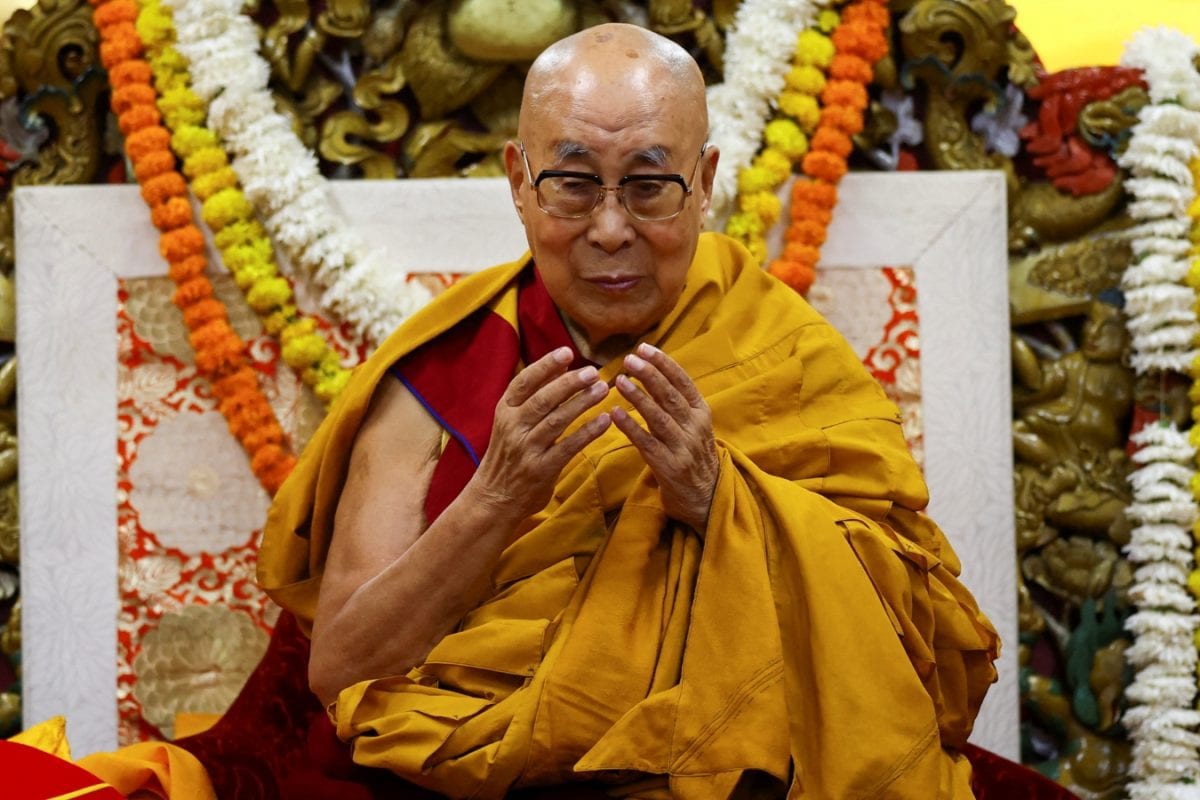

The Dalai Lama, the spiritual leader of Tibetan Buddhism, is revered not only for his religious insights but also for his profound wisdom on living a happy and meaningful life. His teachings, accessible to people of all backgrounds, offer a practical roadmap to cultivating inner peace and contentment in a world often characterized by chaos and uncertainty.
At the heart of the Dalai Lama's philosophy lies the understanding that happiness is not a fleeting emotion dependent on external circumstances, but rather a state of mind that can be cultivated through conscious effort. He emphasizes that "happiness is not something ready-made. It comes from your own actions". This suggests that we are not passive recipients of happiness, but active agents in creating it for ourselves.
One of the key practices the Dalai Lama advocates for achieving lasting happiness is compassion. He believes that "compassion is the radicalism of our time" and that "only the development of compassion and understanding for others can bring us the tranquility and happiness we all seek". Compassion, in this context, extends beyond mere empathy; it involves a genuine concern for the well-being of others and a desire to alleviate their suffering. By shifting our focus from our own needs and desires to the needs of others, we not only create a more positive and supportive environment but also cultivate a deeper sense of connection and purpose, which in turn fosters happiness.
The Dalai Lama also stresses the importance of inner peace as a foundation for happiness. He suggests that "we can never obtain peace in the outer world until we make peace with ourselves". This involves taming the "monkey mind," or quieting the constant stream of thoughts and emotions that can lead to anxiety and discontent. Practices such as meditation and mindfulness can help us develop a greater awareness of our thoughts and emotions, allowing us to observe them without judgment and to respond to them in a more skillful and compassionate way.
Furthermore, the Dalai Lama encourages us to cultivate positive relationships as a source of happiness. As social beings, we are wired for connection, and our relationships with others can have a profound impact on our well-being. By fostering intimacy, practicing kindness, and offering support to those around us, we create a sense of belonging and shared humanity that enriches our lives and contributes to our overall happiness.
The Dalai Lama also acknowledges that suffering is an inevitable part of life. However, he teaches that it is not suffering itself that determines our happiness, but rather our attitude towards it. By developing resilience, maintaining hope, and finding meaning in our experiences, we can transform suffering into an opportunity for growth and self-discovery. He suggests that "It is under the greatest adversity that there exists the greatest potential for doing good, both for oneself and others".
In essence, the Dalai Lama's lessons on happiness offer a holistic approach to living a fulfilling life. By cultivating compassion, inner peace, positive relationships, and resilience, we can create a life of purpose, connection, and lasting happiness, regardless of external circumstances. His wisdom serves as a timeless reminder that true happiness is not something to be found "out there," but rather something to be cultivated within.